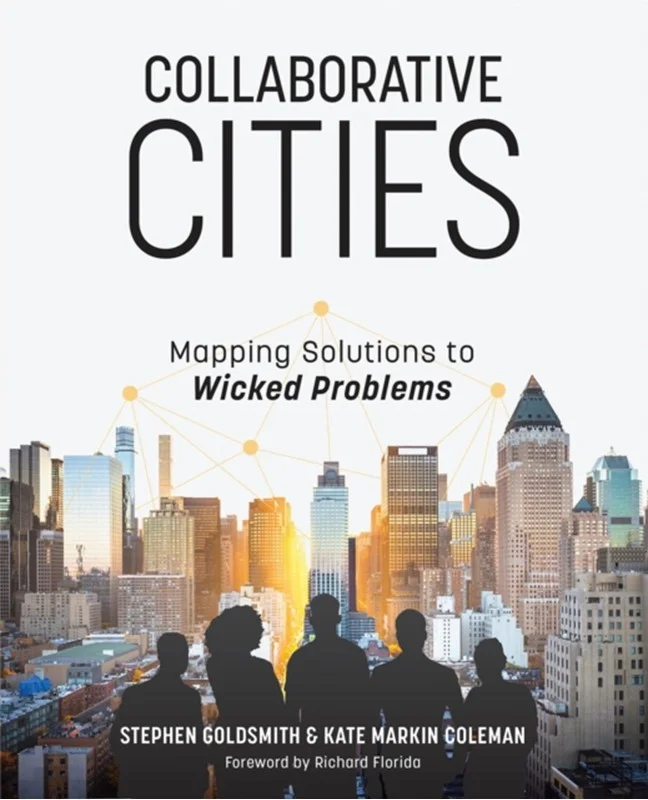Store besparelser
Hurtig levering
Fri fragt over 499,-
90 dages retur
Køb for 499 kr mere for gratis levering til pakkeshop
499 kr
Pakkeshop
599 kr
Hjemmelevering
Top kategorier
Store besparelser
Hurtig levering
90 dages retur


